What do you think?
Rate this book
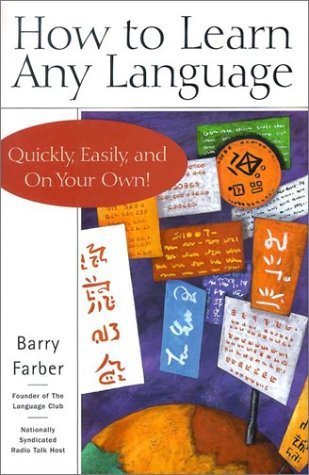

172 pages, Hardcover
First published January 1, 1991
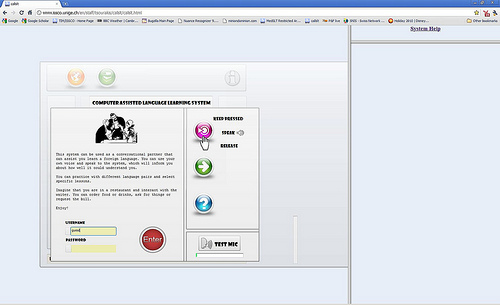
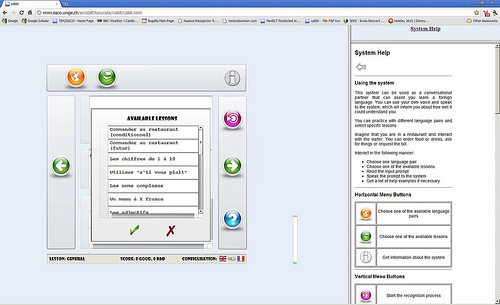
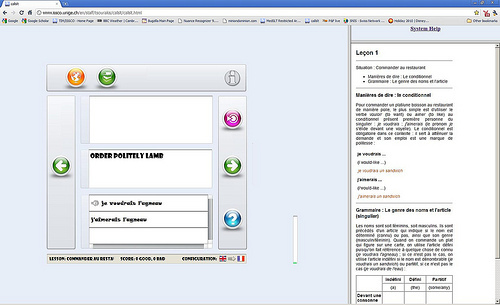
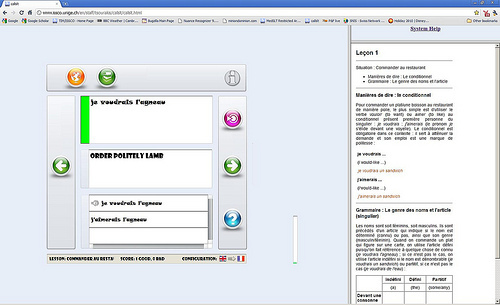
My standards are less exacting. I’ll confess to ‘speaking a language’ if, after engaging in deep conversation a charming woman from a country whose language I’m studying, I have difficulty the next morning recalling which language it was we were speaking.
You don’t have to know grammar to obey grammar. If you obey grammar from the outset, when you turn around later and learn why you should say things the way you’re already saying them, each grammatical rule will then become not an instrument of abstract torture disconnected from anything you’ve experienced but rather an old friend who now wants you to have his home address and private phone number.
When the grammatical rule comes first, followed by its pitiful two or three examples in the textbook, it seems to the student like an artificially confected bit of perversity rolled down upon his head like a boulder.
When the grammatical rule comes after you’ve got some of the language in you, it becomes a gift flashlight that makes you smile and say, ‘Now I understood why they say it that way!’
So, you are right now and forevermore warned not to bridle or to question, ‘Why is the word for ‘go’ in this French sentence vais and in the very next sentence aller?’ Simply embrace the faith that both sentences are correct and learn them….
The more shaken you become by grammatical storms, the more tightly you must hug the faith. I vow it will all become clear.